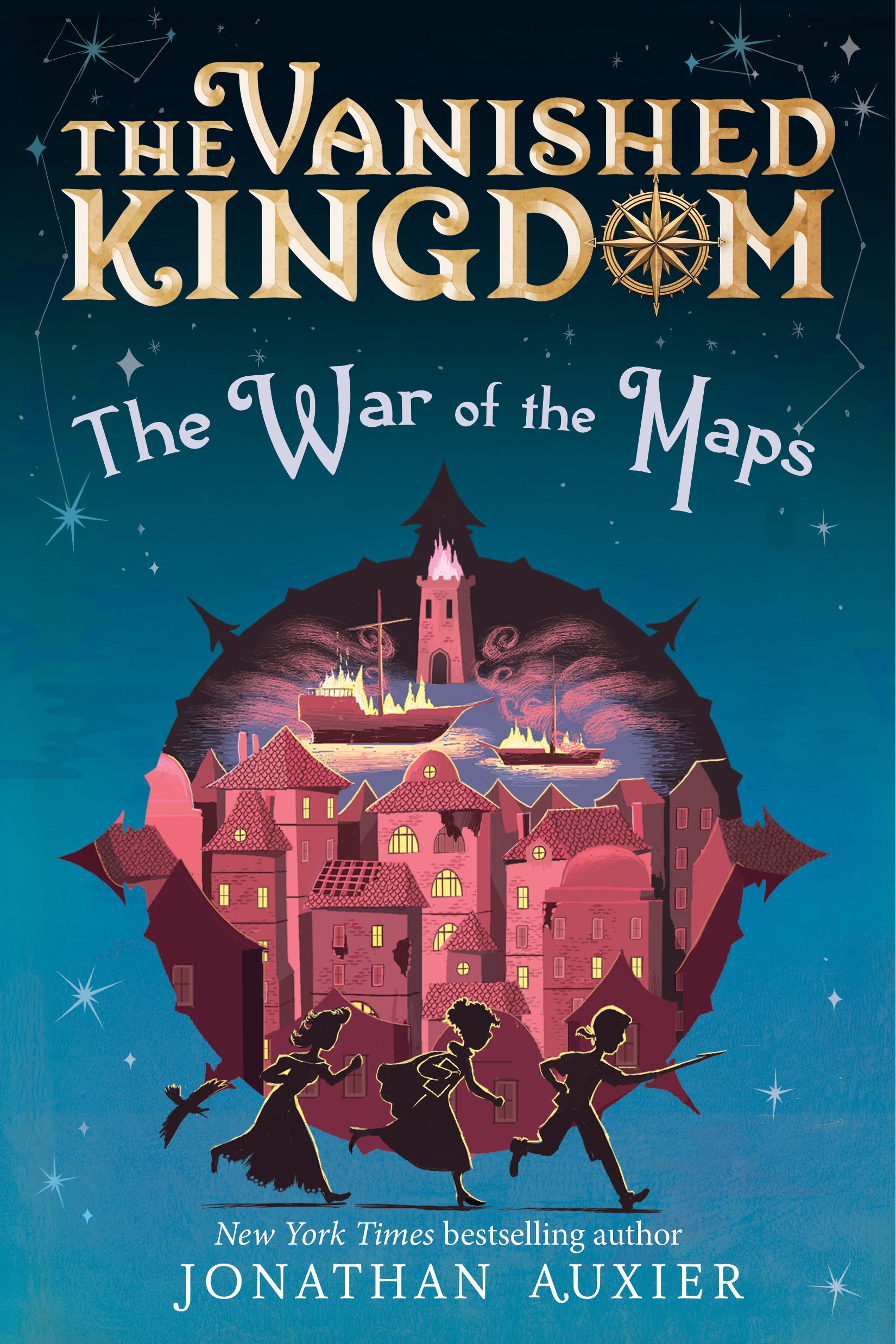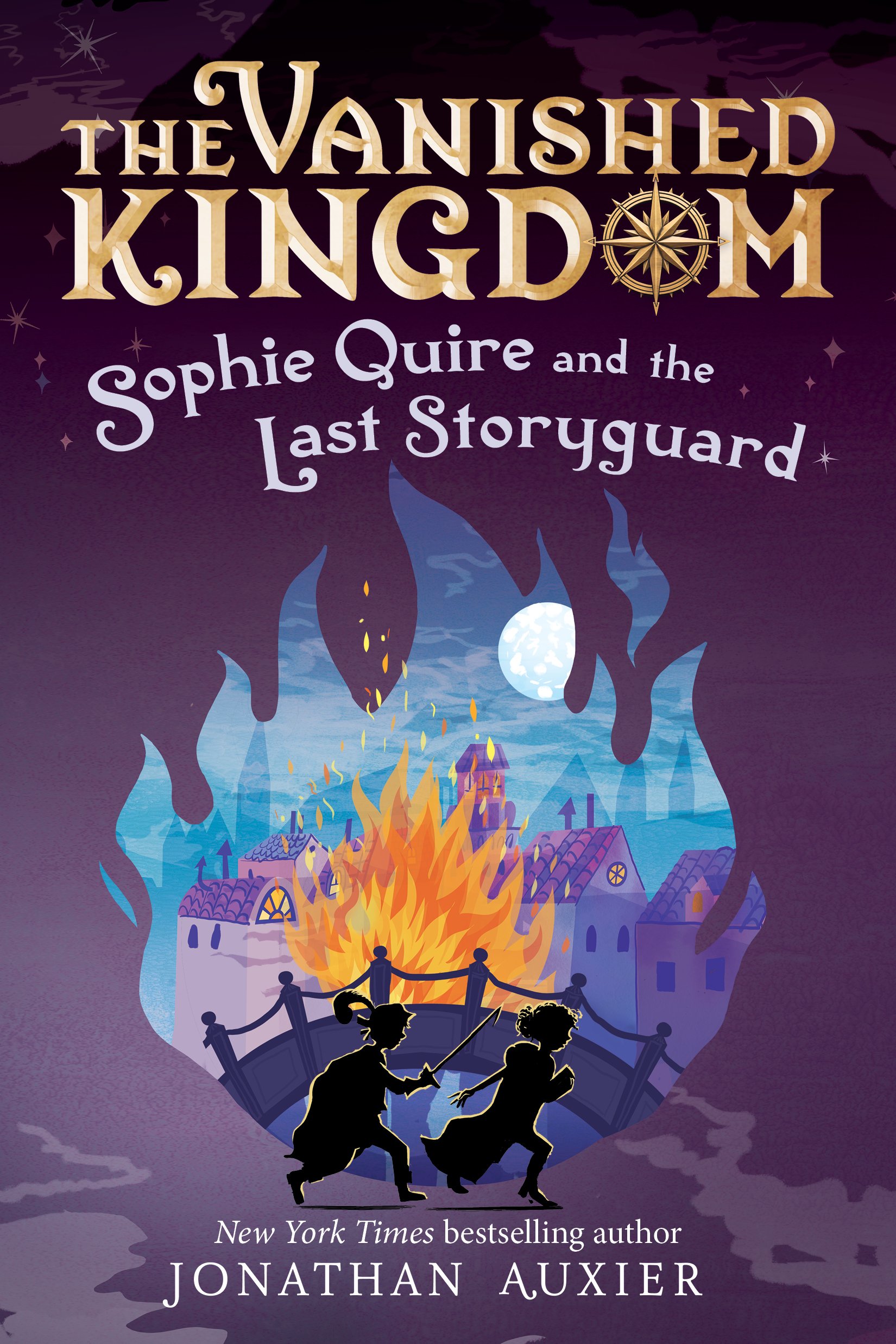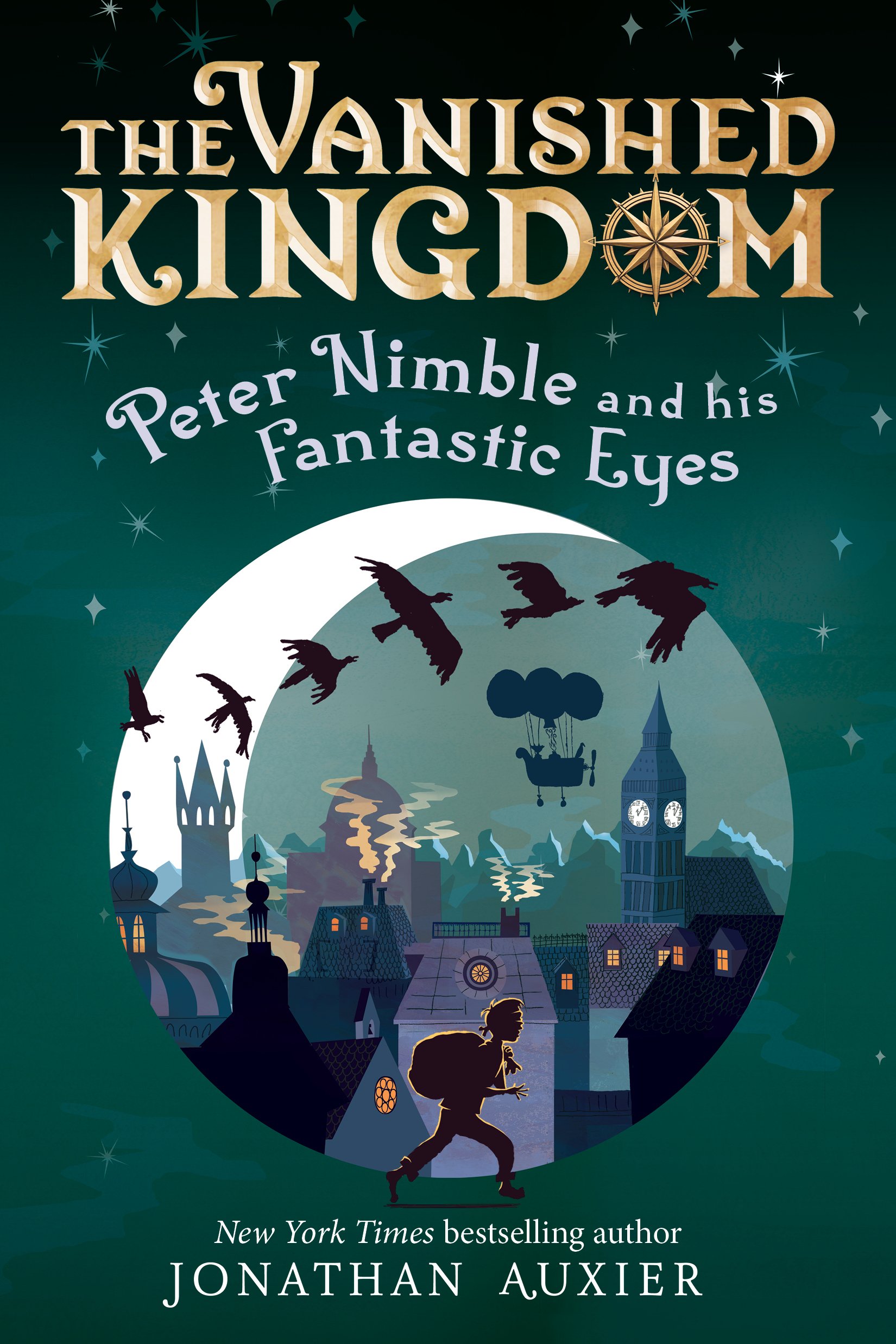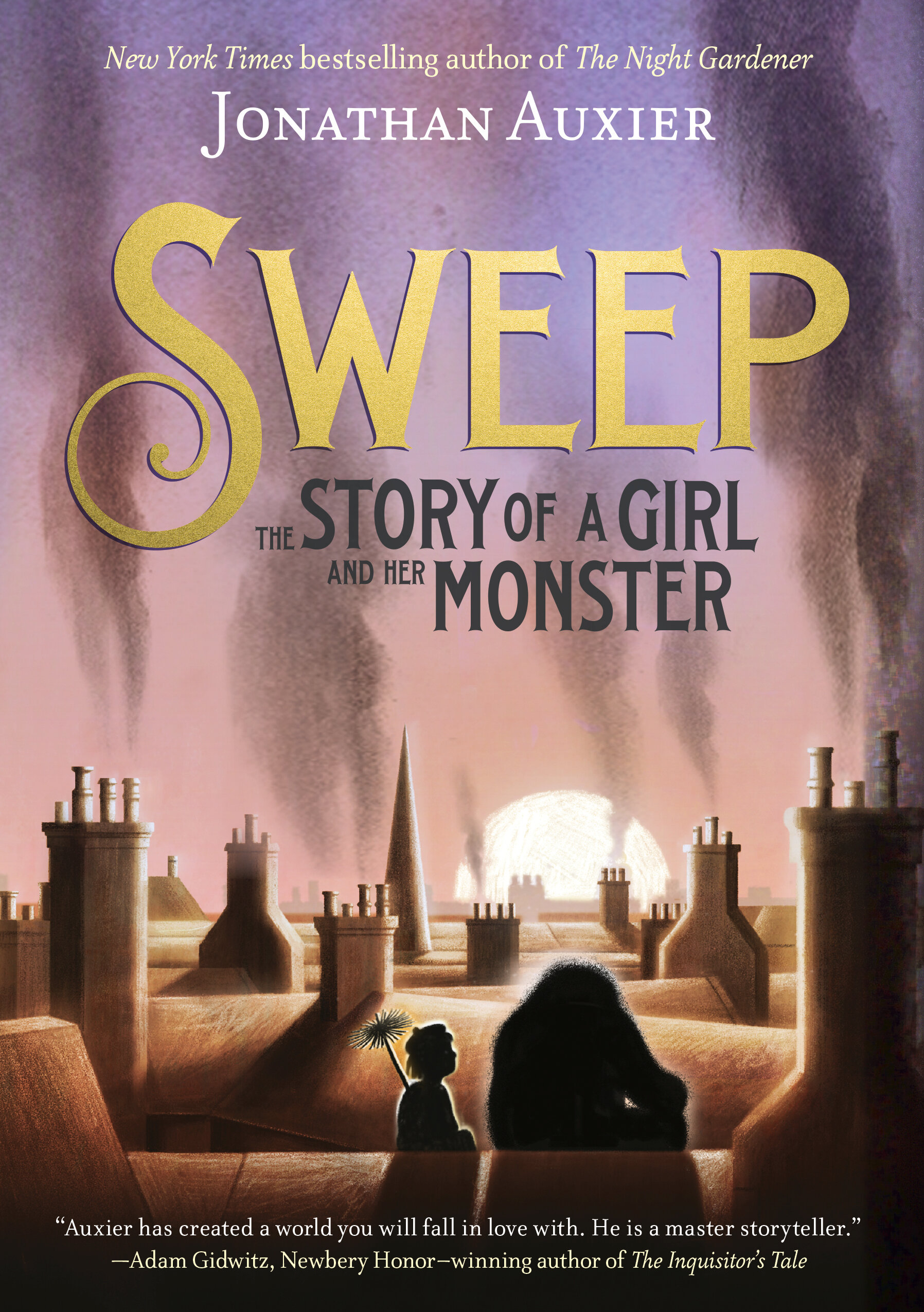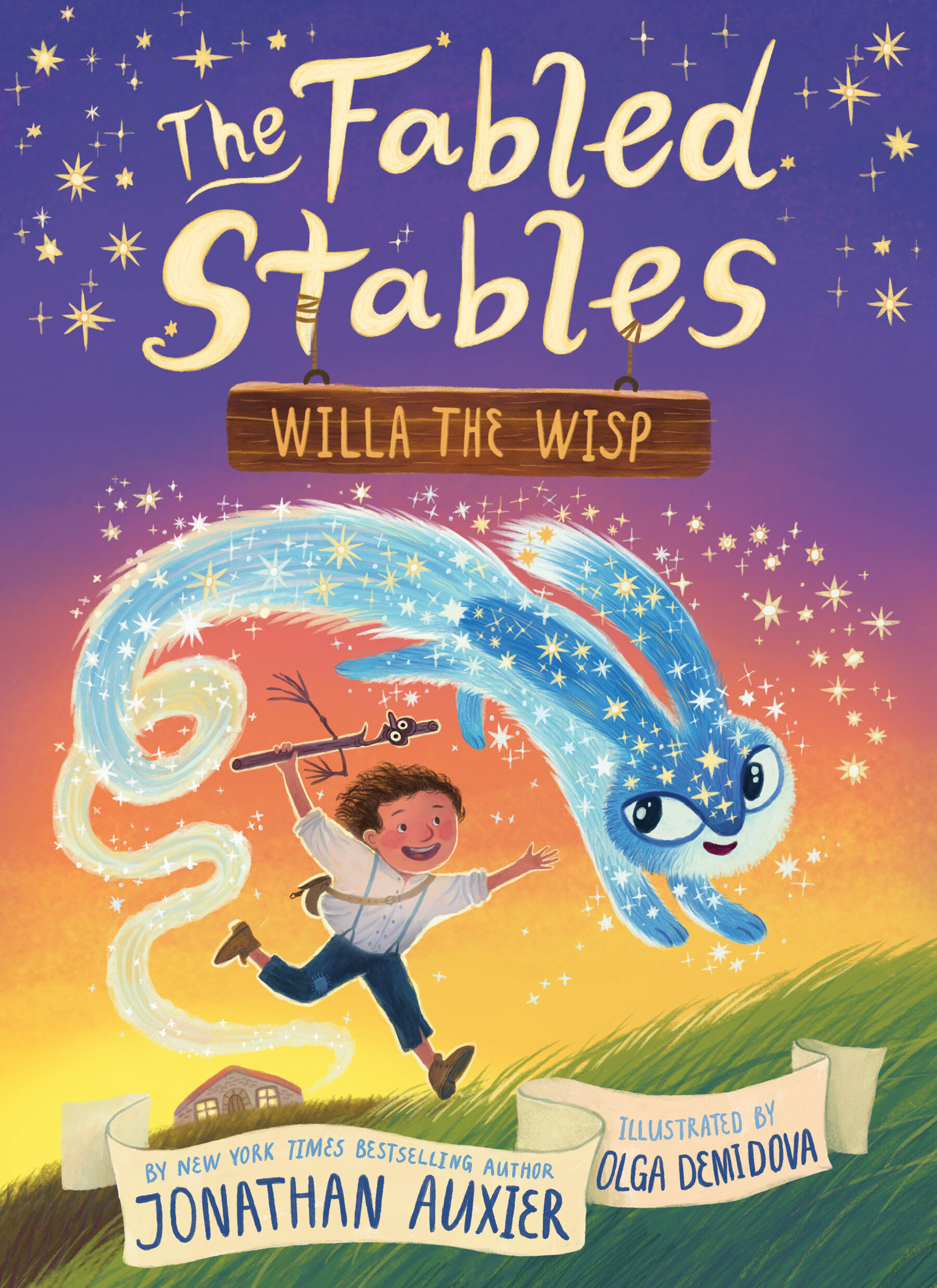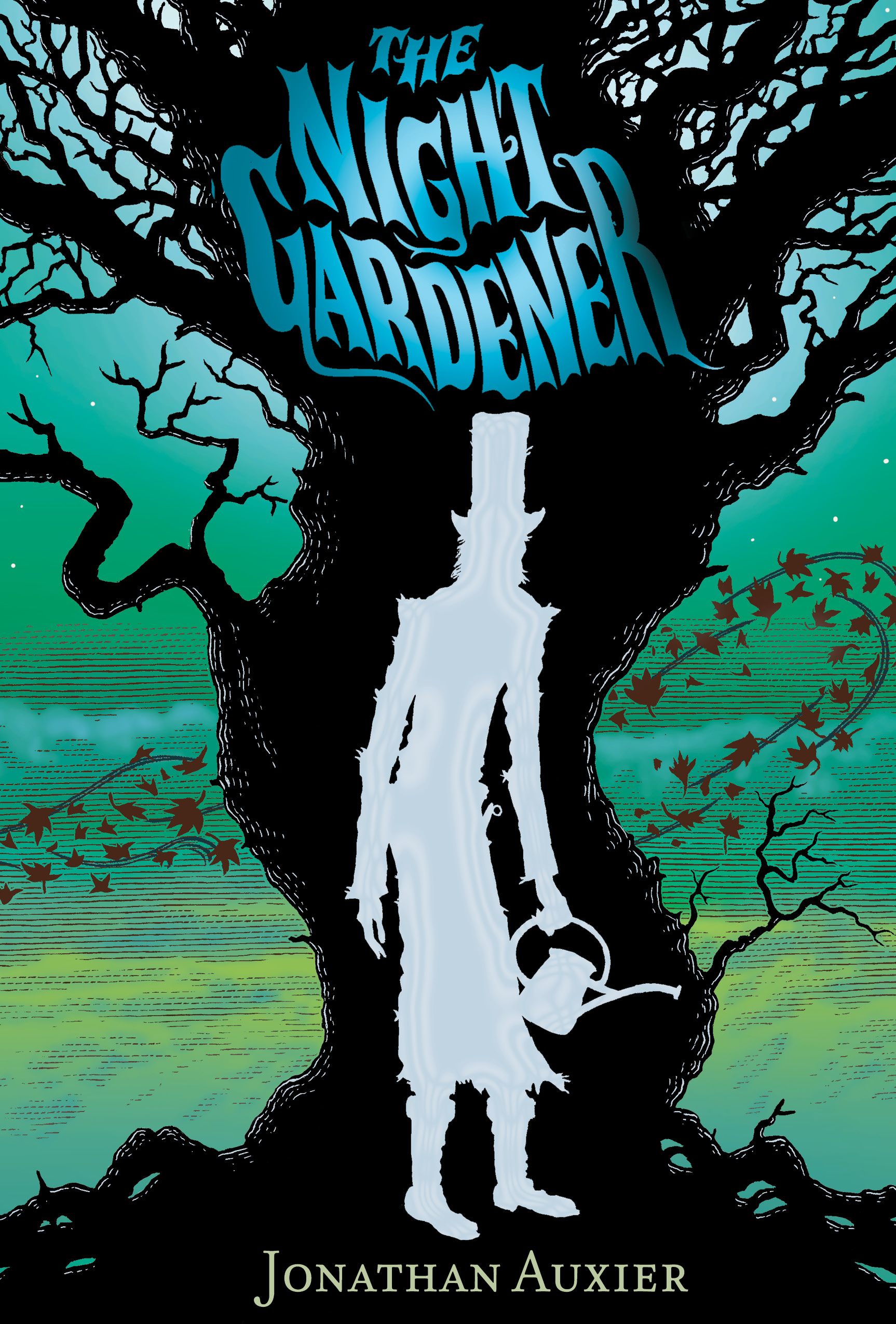SPEAK, JELLICOE ROAD, and Revelation Narratives
/My first year of grad-school, I wrote a terrible play about a woman who hadn't slept for 17 years. At the center of the story was a mystery regarding what had happened to make her stop sleeping. When I went back home over holiday, I had a former drama professor look at the script. He promptly told me why the play didn't work: I had written a revelation story and didn't know it.
Revelation stories, he explained, are plots in which the central dramatic event is the revelation of information to the audience. The key phrase in that definition is "to the audience". In revelation plays, the climax takes place not on stage, but in the seats.[1. Mystery writer Dorothy L. Sayers has talked about the danger of art whose sole purpose is in manipulating the audience: "In the end it is directed to putting the behaviour of the audience beneath the will of the spell-binder, and its true name is not 'art,' but 'art-magic.' In its vulgarest form it becomes pure propaganda." A bit extreme for me, but still interesting.]
These sorts of narratives are hardly limited to theatre. A recent(ish) example from the literary world might be Laurie Halse Anderson's Speak.
 [COMMENCE SPOILER ALERT!]
Speak tells the story of a high school freshman recovering from a recent sexual assault. The book begins after this assault took place, and its climax involves the protagonist learning to "speak" of what happened. While Anderson does a pretty good job of making this revelation feel dramatic, the early chapters of her book rely heavily on the assumption that readers will readily identify with the protagonist's emotional life -- and that that identification will be enough to carry them all the way to the climax. While the gamble pays off in this book, I have seen many other stories (my play included) where it blows up in the author's face.
[END SPOILER ALERT.]
[COMMENCE SPOILER ALERT!]
Speak tells the story of a high school freshman recovering from a recent sexual assault. The book begins after this assault took place, and its climax involves the protagonist learning to "speak" of what happened. While Anderson does a pretty good job of making this revelation feel dramatic, the early chapters of her book rely heavily on the assumption that readers will readily identify with the protagonist's emotional life -- and that that identification will be enough to carry them all the way to the climax. While the gamble pays off in this book, I have seen many other stories (my play included) where it blows up in the author's face.
[END SPOILER ALERT.]
The primary problem with revelation narratives is that all the interesting stuff happens in flashback. So how does an author bring those past events into the present-tense (where the audience can experience it in realtime)? Usually authors spice up the revelation by making the characters deal with the past trauma. But on the spectrum of dramatic impact, "dealing with issues" is pretty weak -- no matter how well it's written.
Even if you pull this off, there's still the added challenge of not pissing off your reader. In her recent book on publishing, children's book editor Cheryl Klein talks briefly about the storytelling power behind mystery:
"I want to think about mystery a little more because it's probably the single most effective plot technique for hooking a reader: Have a secret, let the reader know there's a secret, and then don't tell them what it is until it absolutely serves your purpose to do so. It's a classic childhood strategy, the equivalent of dancing around your reader saying 'neener-neener-neener.'"
I think that Cheryl is spot-on so far as it relates to individual scenes. However, occasionally a story drags out the mystery so long that reading the book feels like 300 pages of "neener-neener." Not exactly the best way to win over your audience.
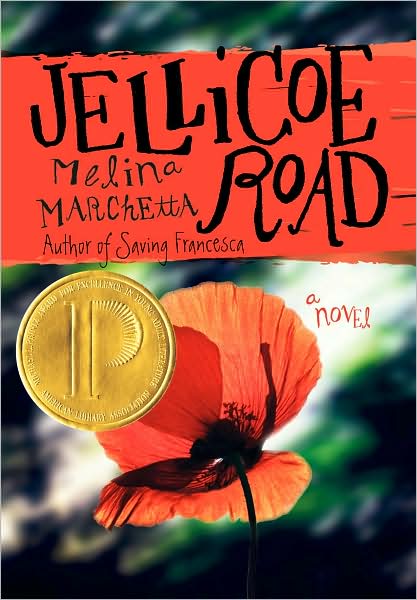 When I first started reading Melina Marchetta's Jellicoe Road for our children's literature class, I thought I was getting into a Speak-style revelation narrative. The hero, Tyler Markum constantly eludes to some past events that have defined her.[2. Several other characters in Jellicoe Road also have secrets that are constantly being teased -- the book is nothing if not teasy.] But when Tyler finally gets around to sharing her memories, she learns her understanding of the events was either incomplete or flat-out wrong. That added element creates a nice Rashomon-style twist to the moments of revelation -- and it also keeps the storytelling focus on the chracters, where it belongs.
When I first started reading Melina Marchetta's Jellicoe Road for our children's literature class, I thought I was getting into a Speak-style revelation narrative. The hero, Tyler Markum constantly eludes to some past events that have defined her.[2. Several other characters in Jellicoe Road also have secrets that are constantly being teased -- the book is nothing if not teasy.] But when Tyler finally gets around to sharing her memories, she learns her understanding of the events was either incomplete or flat-out wrong. That added element creates a nice Rashomon-style twist to the moments of revelation -- and it also keeps the storytelling focus on the chracters, where it belongs.



